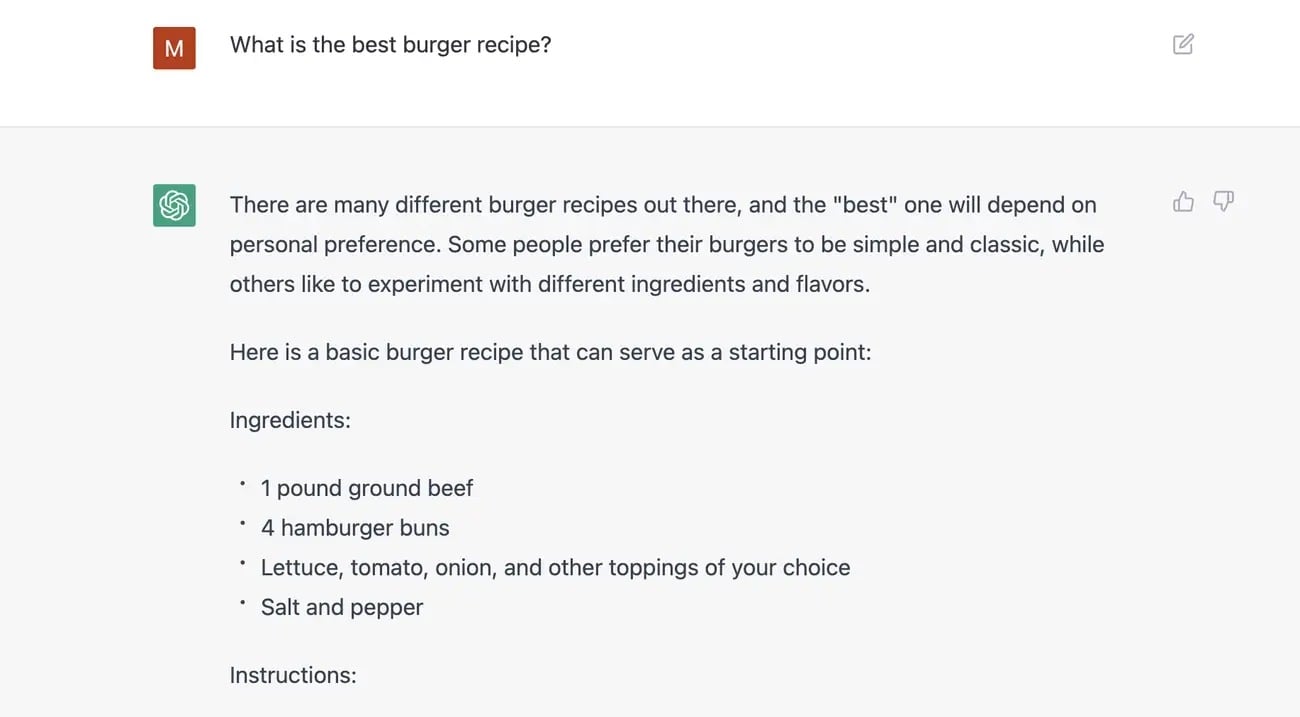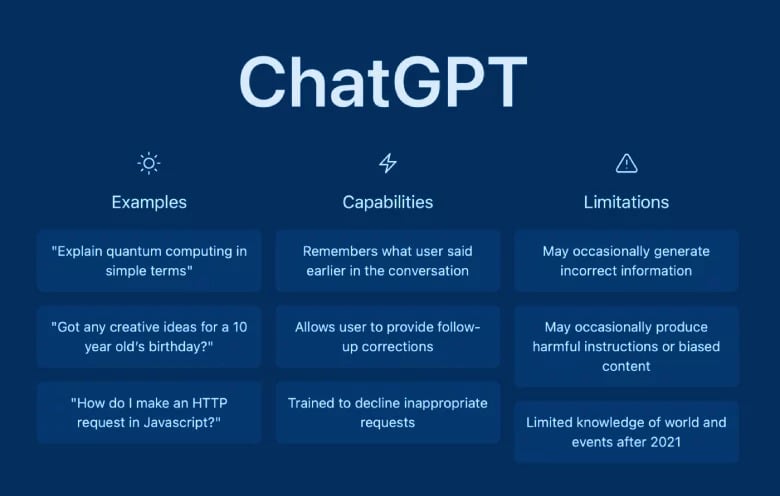
ChatGPT has become a viral sensation since it opened to the public on November 30, 2022. The AI-powered tool went from zero to a million users in just five days! This is the fastest any platform has grown. Its ability to provide in-depth answers to user queries has even drawn the attention of prominent technology companies.
On January 23, 2023, Microsoft announced a multiyear, multibillion-dollar investment in ChatGPT developer OpenAI. The money is in addition to the over $1 billion the software giant has invested in the company since 2019.
Here's a look at why ChatGPT is important and how it could impact your life.
What is ChatGPT?
ChatGPT is an easy-to-use artificial intelligence tool designed to carry on conversations just like humans. The intelligent bot understands what the user says or types and then responds in a way that makes sense. Its vast body of knowledge has been gathered from the internet and archived books. It is further trained by humans. This makes ChatGPT a useful tool for researching almost any topic.
"We have a lot of information on the internet, but you normally have to Google it, then read it and then do something with it," says Ricardo Michel Reyes, chief science officer and co-founder of AI company, Erudit. "Now you'll have this resource that can process the whole internet and all of the information it contains for you to answer your question."
Is ChatGPT reliable?

ChatGPT cannot think on its own. It depends on the information that it has been trained on. As a result, the AI tool works well for things that have accurate data available.
However, when unsure, ChatGPT can get creative and spew out incorrect responses. OpenAI cautions users to verify the information no matter how plausible it sounds. Also, ChatGPT has only been trained with information till 2021. Hence, it cannot be relied upon for anything that happened after that.
How will ChatGPT change our lives?
Experts believe ChatGPT has infinite potential to solve real-world problems. Businesses can train it to provide personalized customer service or to train employees. It can also translate long texts into different languages, create content on almost any topic, and even summarize books.

However, ChatGPT has received mixed reactions from educators. Some believe it could serve as a valuable tool to help build literacy skills in the classroom. It could also be used to teach students difficult science or math concepts.
But other educators think ChatGPT will encourage students to cheat. They fear this will prevent them from building critical thinking and problem-solving skills. As a result, many districts are starting to ban its use in schools.
Be sure to let us know what you think by writing your comments below.
Resources: CNN.com, CNBC.com, Cnet.com, Openai.com
